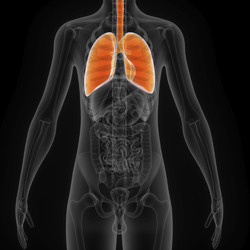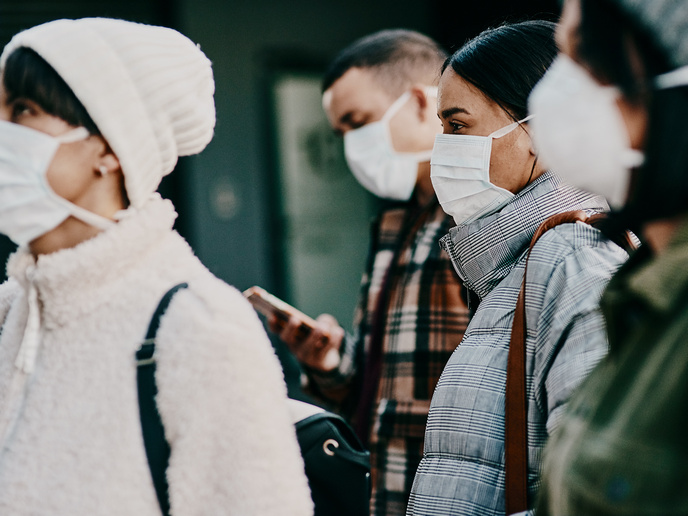New therapeutic targets for lung fibrosis
Chronic lung disease is a key cause of morbidity and disability worldwide, incurring a huge economic burden due to productivity loss and health care costs. Current treatment modalities are largely ineffective, necessitating the urgent discovery of new regimens. The main cause of chronic lung disease is lung fibrosis, a phenomenon that follows persistent injury as part of the normal reparative process. Fibrosis is the aberrant attempt of our bodies to heal the damaged tissue, causing pathological conditions. It entails the deposition of excessive collagen and extra-cellular matrix in an organ or tissue and is linked to chronic inflammatory disorders. Scientists on the EU-funded 'Investigating the role of the immune system in the development of fibrosis in the lung' (LUNG FIBROSIS) project worked under the rationale that to reverse fibrosis one needs to understand the mechanism. In this context, they focused their work on lung macrophages and how their manipulation could provide a novel therapeutic target to limit fibrosis. They generated a lung fibrosis mouse model by injecting Schistosoma mansoni eggs that get trapped in the lung and cause inflammation and granulomas. Their experiments indicated that T lymphocytes are responsible for triggering lung fibroblasts to initiate the phenomenon of fibrosis. By depleting macrophages at different stages of the inflammatory process, LUNG FIBROSIS partners showed that these immune cells contribute to granuloma formation. Further examination of the macrophage mode of action demonstrated a role of these cells in recruiting T cells to the lung. This led to an attenuation of the Th2 response including cytokines and related genes. Collectively, the LUNG FIBROSIS study revealed a central role of macrophages in increasing inflammation and supporting fibrosis in the lung. These findings suggest that therapies targeting macrophages could help to resolve or prevent lung fibrosis.







